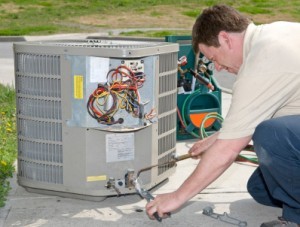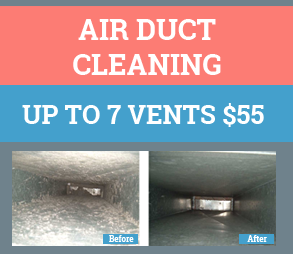Buying a home is one of the biggest capital investments any family or individual can make. As you move into your new home, there are lots of things you need to learn about and this will take quite some time. Knowing how to operate your HVAC system can save you a lot of inconveniences and keeps you in control.
The heating and cooling system in your home can potentially consume up to 50% of your annual energy budget. Any waste generated through system inefficiencies can add to this figure thus giving you a much higher cost of operation.
To start you off in making the most out of your home’s comfort system, you need to familiarize yourself with the following aspects.
Preventive Maintenance Tune-Up
When homes change ownership, the excitement that results can easily cause some details to be overlooked. You need to ask the realtor to confirm to you the last date the HVAC in the house was serviced. This is important because equipment manufacturers recommend either biannual or annual maintenance for HVAC systems. This will ensure that you don’t miss a tune-up during your move.
Warranties and Service Plans
The HVAC system in your home may still be under the installer’s labor or manufacturer’s equipment warranty. Knowing these facts and the details around them can save you thousands of dollars in case of equipment failure. Most of HVAC equipment today have lengthy warranty terms, but at the same time have stipulations that must be observed whenever homes change hands.
Your realtor should gather as much information as he can from the seller concerning other warranties as well for appliances in homes. Ensure the warranties if transferable are changed into your name.
Equipment Manuals
Rarely do people use manuals nowadays, but it is important to have them on hand. Your heat pump, AC unit, or thermostat may develop minor issues that need troubleshooting. If you have a manual with you, it becomes easier. In case you fail to locate these manuals because some may be packed with the owner’s belongings when moving out, you can download the appropriate versions from online.
Thermostat Settings
The thermostat is literally the gatekeeper into energy efficient heating and cooling in your home. You have to learn on how to operate it and possibly tailor it to meet your family needs. Some homeowners end up thinking that their heat pumps have problems only to call a professional HVAC expert and realize that it is the thermostat which has wrong settings.
HVAC Incentives and Energy Saving Resources
Utility providers have programs that can help you identify energy wasting deficiencies in your home including those occasioned by your HVAC system. You may find out that your utility providers offer free or low-cost energy audits. Take advantage of this because they can improve on your HVAC efficiency.
Utility providers are joining the movement for energy efficiency and from time to time may encourage their customers through monetary incentives to switch to energy smart appliances. They may also give you rebates when replacing inefficient furnaces and AC units with Energy Star rated ones.
Liaise with an approved HVAC contractor for more insights into the configuration of your heating, ventilation, and air conditioning system for your new home.





 June 23rd, 2017
June 23rd, 2017  steve
steve 
 Posted in
Posted in 
